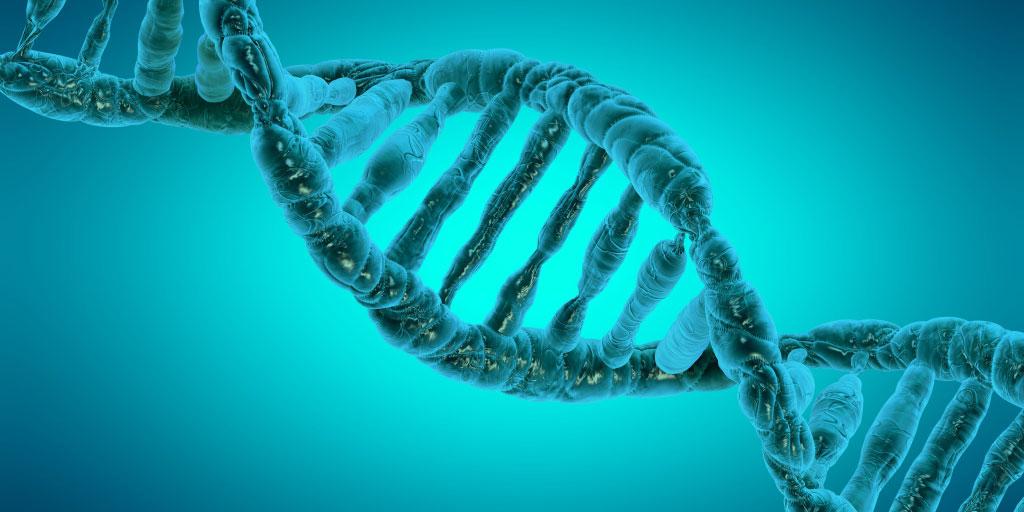DNA sequencing technologies have emerged as a great tool in human medicine. As we move towards personalized medicine, DNA sequencing will allow us to identify and tailor drugs to each individual's genetic composition. DNA sequencing technologies are not only useful in human medicine, but they are also very commonly used in agriculture engineering, microbiology, zoology, and forensic science. In addition, new and unknown pathogens are arising more frequently, demonstrating the critical need and use of DNA technologies. Given the importance of DNA sequencing, new high-throughput and inexpensive sequencing approaches that can address the critical sequencing need are required. The following invention from LLNL describes a system for fast and low-cost DNA sequencing using magnetic beads.
The present invention uses magnetic fields to hold particles in place for faster DNA amplification and sequencing. This invention provides a method for faster DNA sequencing by amplification of the genetic material within microreactors, denaturing and de-emulsifying and then sequencing the material while retaining it in the PCR/sequencing zone by a magnetic field. Briefly, nucleic acid sequencing occurs on a microchip. The nucleic acids are next isolated and hybridized to magnetic nanoparticles or to magnetic polystyrene-coated beads and microreactor droplets are formed. Finally, the microreactor droplets containing the nucleic acids and the magnetic nanoparticles are retained in a magnetic trap in the microchannel flow channel and sequenced.
The approach places greater focus on target analytes while simultaneously allowing for reaction products and excess reagents to be washed away, therefore, preventing contamination between samples. This technology results in better overall data collection while overcoming conventional technology's detection limitations. The technology also reduces reagent costs and increases the potential for scalable mass production. The efficiency of this technology makes it a great low-cost genetic sequencing option for individual human genomes.
- Reduced reagent costs
- Scalable mass production
- Biomedical applications
- Low-cost sequencing of genomes (human, animal, bacterial, viral)
- Detection of single nucleotide polymorphism
- Identifying outbreaks of infectious diseases including emerging, previously unidentified and genetically engineered pathogens
- Automated amplification and detection of host or microbial DNA/RNA in biological fluids
- High throughput genetic screening for drug discovery
- Biowarfare detection
- : Identifying biothreat agents that contain nucleic acid signatures such as spores, bacteria, viruses, etc.
- Forensic applications
- Food and Beverage Safety
- Automated food testing for bacterial or viral contamination
- PCR processes
LLNL has obtained a patent (US Patent 8,815,576) covering this technology (LLNL Internal Case # IL-11764)


